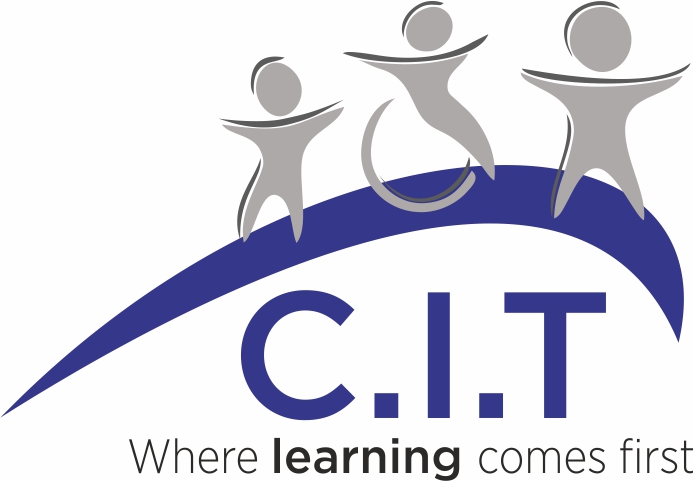History
The History Department at Carre’s Grammar School is based in three teaching rooms (Rooms 20, 21 and 38).
Staff
- Mr N Quinton (Head of History)
- Mrs K Handley
- Ms T Mills
- Mrs S Wilson
- Mr N Law (Executive Headteacher)
The History Department is well resourced with class sets of textbooks in the Rediscovering History series for Key Stage 3. In Key Stage 4 there are class sets of the official Schools History Project textbooks on Germany 1919 – 1945 and Crime and Punishment through time, as well as GCSE textbooks about the Norman Conquest and American History. Each module at A Level is accompanied by different sets of textbooks along with a small specialist History Library in Room 21, available to all Year 12 and Year 13 students. Further historical literature is available in the Learning Resource Centre. The department has access to ICT facilities in the Humanities department (Room 19) and the Learning Resource Centre. In Year 7 pupils have the opportunity to study medieval artefacts that are borrowed from a local museum to help develop their understanding of the Middle Ages.
Curriculum
Key Stage 3
The KS3 curriculum follows a broadly chronological structure. The course begins by looking at the nature of History and briefly examining the contribution made to British culture by the Celts, Romans, Anglo-Saxons and Vikings in Sleaford, before moving on to look at British and World History from the Middle Ages to the Twenty First Century. The course aims to provide students with both a broad and increasingly detailed knowledge and understanding of the most important events that have shaped our world.
Year 7: c.1066 – 1600: Power, Belief and Society
The Year 7 course examines life before and during the Middle Ages. Students complete units on Britain before the 11th century, the Norman Conquest of 1066, everyday life in Medieval England, and the development of power and belief during the Middle Ages between 1066 and 1600.
Year 8: c.1600 – 1850: An Age of Revolution?
The main historical theme in Year 8 is focused around the concept of revolution. Having already considered the nature of the English Reformation in Year 7, Terms 1 and 2 of Year 8 are spent studying the lives and reigns of England’s later Tudor and early Stuart monarchs. Students spend term 3 studying the causes, course and consequences of the English Revolutions of the seventeenth century. This is then contrasted with a study of the impact of revolution in eighteenth century France in Term 4. The final part of the year is spent studying the social, political and economic impact of the Industrial Revolution on Britain.
Year 9: 1850 – 2001: Conflict and Cooperation
In their final year of compulsory History education, students consider the making of the twentieth century and the development of modern British society in a global context. Students study the History of the British Empire and the causes and consequences of the Trans-Atlantic Slave Trade. Two extensive units examine the World Wars with a focus on understanding the causes and consequences of these major conflicts. In the final term of the year students examine the Cold War and development of issues that have shaped modern Britain.
Key Stage 4
The History Department currently offers GCSE OCR Specification B (Schools History Project) to our students at Key Stage 4.
The Schools History Project course consists of 5 separate modules. The Study in Depth on Germany 1919 – 1945, The Crime and Punishment through time unit, and students complete additional modules about the Norman Conquest, Roman Lincoln and the United States of America.
The GCSE History exam consists of 3 papers. The papers test a mixture of interpretation, essay-writing, factual recall and source analysis skills.
Key Stage 5
The History Department currently offers the AQA GCE History specification (7042) which focuses on British, Russian and American history. In Years 12 and 13 students cover a British History unit entitled Stuart Britain and the Crisis of Monarchy, 1603-1702. This is examined by a mixture of essay questions and interpretations questions and looks at the way Britain developed during this very important period in our history. The European History unit examines Russia in the twentieth century and is titled Revolution and Dictatorship: Russia 1917 – 1953. This unit covers Russia under the Tsars, the 1917 Revolutions and the development of the Communist state under Lenin and Stalin. This is examined by a mixture of essay questions and source questions. Each unit is assessed by examination at the end of Year 13.
In Year 13 students also examine Civil Rights in the USA 1865 – 1992 .This is a coursework based unit looking at the development of this key theme in modern US history.
Fieldwork
The History Department integrates fieldwork where appropriate. Currently Year 7 visit Lincoln Castle, Year 8 visit the Black Country Museum and Year 9 students have the opportunity to visit the First World War battlefields in Flanders. Year 10 students visit the Beth Shalom Holocaust Centre and all GCSE students have the opportunity to visit Berlin. A small number of Year 12 students take part in the ‘Lessons from Auschwitz’ project organised by the Holocaust Educational Trust.
Careers
The analytical and research skills developed in History open the door to a wide variety of future careers. These include the legal profession and the Police, many aspects of the media and journalism, management, local government and the civil service. A more direct link with History is found in teaching, museum work, archaeology and leisure and tourism through the heritage industry.



